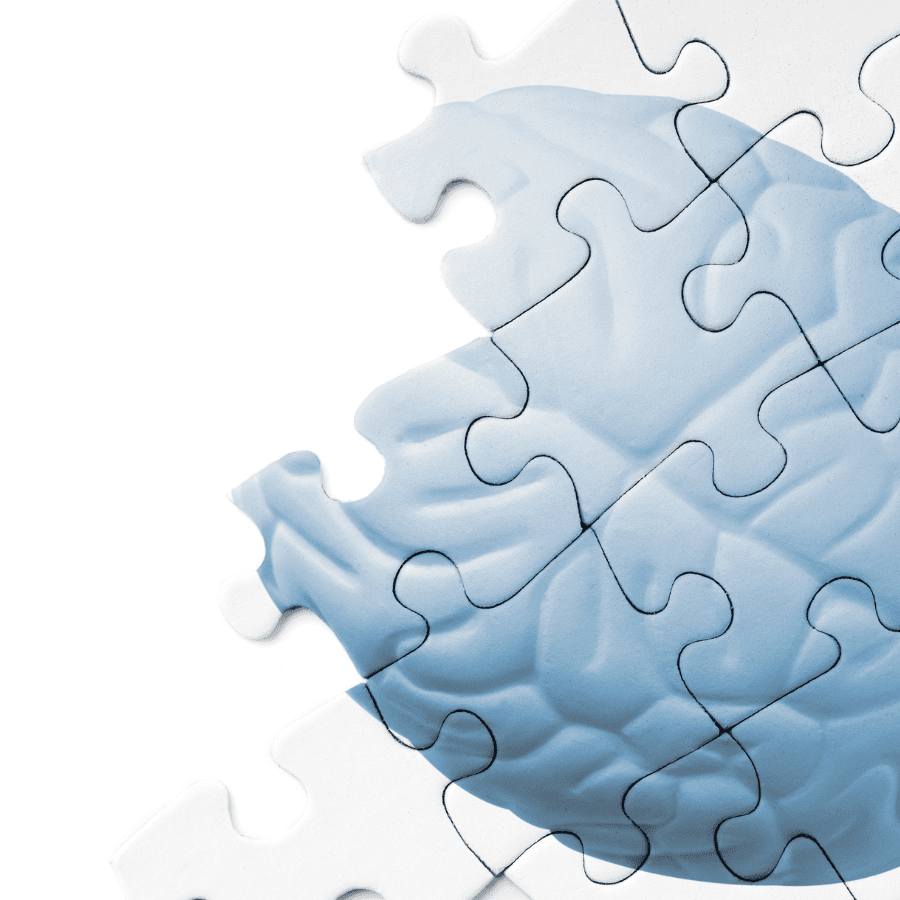概要
批判的思考は、学校や家庭で学ぶべき重要なスキルです。批判的思考とは、単にテストの教材を理解するということだけではありません。情報を効果的に処理し、自分の考えや他人の考えを評価し、自分が知っていることに基づいて適切な決定を下すことができる能力です。教育者として、私たちは生徒たちにこれらのスキルを身につけてもらいたいと思っています。なぜなら、これらのスキルは、大小さまざまな問題に取り組む際に生涯にわたって役立つからです。しかし、どうすればそこに到達できるのでしょうか。ここでは、教師が生徒たちに批判的思考スキルを身につけさせる方法をいくつか紹介します。
1. 子どもが論理的誤りを認識できるように手助けします。
Logical fallacies are errors in reasoning. They’re common in arguments and can be used to manipulate people, but they don’t necessarily have any bearing on the truthfulness or strength of an argument itself.
One example of this is ad hominem–arguing against someone’s character rather than their ideas. If you say “you’re wrong because you’re selfish,” that doesn’t mean anything about whether or not what you said was true! Another example is straw man: misrepresenting someone else’s argument so that it can easily be refuted (and therefore make yourself look smarter). For example: “I don’t think we should spend money on helping poor people because they’ll just spend it all on alcohol.” This might sound like a good argument at first glance–after all, isn’t there some truth to it? But really all this person has done here is take an idea from another person’s perspective and twisted it into something else entirely so that he/she can attack an easier target instead of challenging his/her actual point of view directly (and maybe even learn something new).
2. 問題のあらゆる側面を探求するように教える。
Teach your students to explore all sides of an issue.
You can do this by asking them to come up with a list of pros and cons, or the advantages and disadvantages of something. Explain that there are always multiple points of view on any issue, and that it’s important to understand both sides before making decisions or judgments about what is true or false.
3. 消費するメディアについて批判的に考えられるよう支援します。
Media literacy, or the ability to critically analyze and evaluate media, is an important skill for students to develop. In order to help them do this, you should encourage them to ask questions about how the media is biased and what kinds of messages it sends. They should also learn how to analyze these messages so they can make informed decisions based on their own critical thinking skills instead of just following along with what they see in the news or on social media sites like Facebook or Twitter.
You should also teach students how they can use the media effectively in their own lives: for example, if you want people who are watching your movie trailer online (or even better yet at home) will then go out buy tickets for opening day!
4. 生徒のアイデアに異議を唱え、より良いアイデアで応答してもらいます。
生徒が批判的思考力を身に付けるには、まず批判を受け入れる心構えを教えなければなりません。そのためには、生徒が自分の考えについて考え、それを改善できる方法を考えるように促します (ソクラテス式質問法など)。生徒のオープンな姿勢を促すもう 1 つの方法は、生徒同士でピア レビューや評価基準を使用して、生徒が互いの失敗や成功から学べるようにすることです。
5. 生徒に自分自身の問題を定義し、自分自身で解決策を考えさせる。
As you can see, critical thinking is an important skill to develop in students. The best way to do this is by encouraging them to think critically about their own lives and problems.
In order for students to develop critical thinking skills, they need opportunities where they can practice them. One great way of doing this is by asking your students: “What’s the problem?” or “How can we solve this?” You could also ask them what they think would happen if they did something differently next time around.
6. 課題、レポート、テストについて頻繁にフィードバックを与え、授業中や家庭で身につけさせたいスキルを強化します。
- 課題、レポート、テストについて頻繁にフィードバックを与え、授業や家庭で身につけさせたいスキルを強化します。
- 定期的に(少なくとも四半期に 1 回)フィードバックを提供するようにしてください。
- 単に正解や不正解を伝えるのではなく、生徒の作品の長所と短所に焦点を当ててコメントします。これにより、生徒は今後作品をどのように改善できるかを理解できます。
批判的思考力を育てることは、生徒に様々な方法で批判的に考える方法を教える上で重要な部分である。
Critical thinking is an important part of teaching students how to think critically in a variety of ways. Students need critical thinking skills to be successful in school, college, and life. Critical thinking helps them think more clearly and make better decisions. It also helps them be more creative and innovative.
By developing these skills during the early years, you can help your child develop a lifelong love of learning that will benefit them throughout their educational career (and beyond).
まとめ
生徒の批判的思考力を養う最良の方法は、論理的誤りを認識し、問題のあらゆる側面を探り、消費するメディアについて批判的に考え、自分の考えに疑問を抱くように手助けすることです。また、課題、レポート、テストについて頻繁にフィードバックを与えて、授業や家庭で養ってほしいスキルを強化することもできます。









